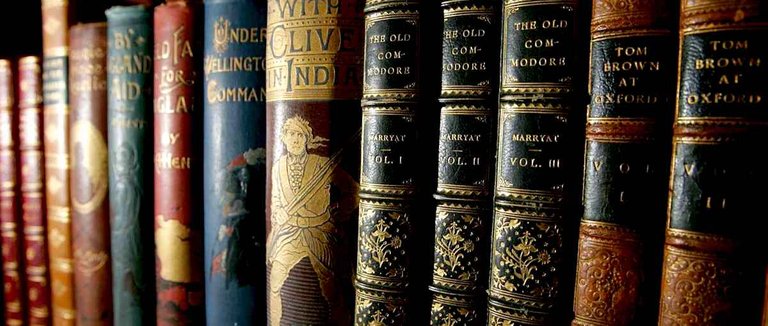These novels of deep thought are part of the personality of the writer who amazingly amazes us with every word he writes to remain immortal throughout history even after hundreds of years. We have in this novel the best evidence of how it lived and transformed into stories and series based on an idea that came in the mind of a genius at one time to remain imitated through generations.
Have you heard of the British writer H.G. Wells? Some of you may have heard of him, he is one of the great novelists who were born in the second half of the nineteenth century (1866) and he enriched the novelist scene with more than 30 valuable works, which made him nominated for the Nobel Prize for four consecutive times, and despite that he left the world in 1946 in the midst of war The second cosmic without having it, while we had a fine manners.
His story "The Country of the Blind" bears connotations that make it one of the most important books the man wrote, and it is the same story on which the Portuguese novelist Saramago based his famous novel "Blindness" and for which he was awarded the Nobel Prize, although the story presented the idea with the highest level of symbolism, intensity and focus. Its owner said everything in less than 30 pages, and as for the novel, despite its greatness, it was exhausted by the details and the confusion about the idea of the absence of freedom that Saramago made equivalent to the idea of blindness, so the novel approached 400 pages.
In the “country of the blind,” the writer surprises us with the existence of an isolated valley between the mountains, all its inhabitants go blind, which causes people to lose their sight little by little, until a time comes upon them when there is not a single sight, and the word “vision” becomes far from the understanding of these people, As their valley, far from the world of men, becomes the universe for them, and nothing else.
One day, fates meet a sighted man from mountain climbers to that valley of the blind, and conflicts and paradoxes begin, and the idea emerges on a broad vision throughout the text, asking very dangerous questions about freedom of choice, faith, love, sacrifice and priorities, so who is the sighted? Who is blind? Who sees the truth: the individual or the herd? These questions are only generated by deep idea novels.

